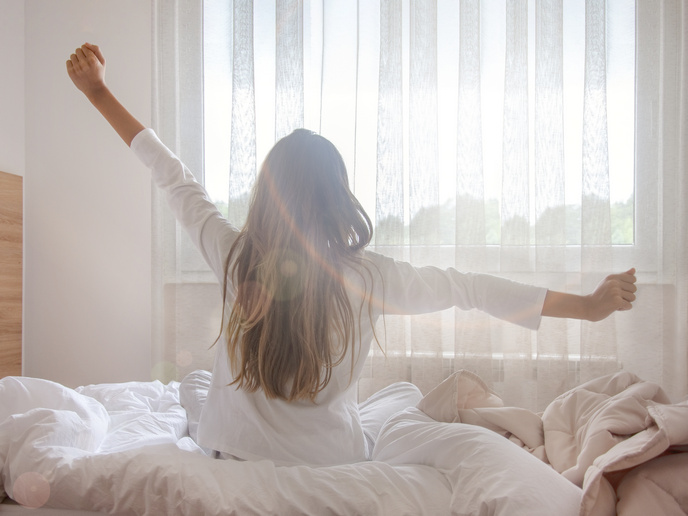Is it morning yet?
Sleep on it, we’re often advised when troubled over work, family or other issues. Get a good night’s sleep and tackle it in the morning. Tomorrow’s a new day. Whatever it may be, just handle it when the sun rises. But is it more beneficial to go to bed and deal with difficult things when we wake up?
Good morning?
A research team at University College London (UCL) shed light on whether we feel better in the early hours. The findings were published in the journal ‘BMJ Mental Health’. “Our study suggests that people’s mental health and wellbeing could fluctuate over time of day,” lead study author Feifei Bu, principal research fellow in statistics and epidemiology at UCL, told ‘CNN’. “On average, people seem to feel best early in the day and worst late at night.” The researchers analysed almost 1 million survey responses from over 49 000 adults who participated in a social study associated with the COVID-19 pandemic. They tracked the participants from March 2020 to March 2022. The questionnaires asked several direct questions, such as “In the past week, how happy did you feel?” and “Overall, in the past week, how satisfied have you been with your life?”. Timestamps provided details on when participants completed each survey. Results showed that the respondents usually woke up feeling good overall. The mornings revealed the highest happiness and life satisfaction scores, while levels of depression and anxiety were at the lowest. They felt the worst around midnight.
From best to worst: day, week, season
However, mood and well-being weren’t so clearly defined by the day of the week. Happiness and life satisfaction were generally greater on Mondays and Fridays than on Sundays. Happiness was higher on Tuesdays. Loneliness revealed no patterns across days of the week. Unsurprisingly, seasons greatly affected mood. Depression, anxiety and loneliness were highest in winter compared to the other three seasons. Happiness and life satisfaction were also lower. In general, the researchers found that mental health peaked in the summer. The time of day that caused people to have better mental health and well-being wasn’t clear-cut. “Time of day could affect people’s mental health and well-being, but people’s mental state could also affect when they choose to respond to the survey,” explained Bu. “While our findings are intriguing, they need to be replicated in other studies that fully address this possibility.” Not a morning person? “Your personal experience may vary,” she added. “If you are a night owl who feels (in) top form at midnight, don’t panic.” A better understanding of how mental health and well-being differ during various times of the day may shed light on ways to provide resources. “Mental health support services might consider adjusting resources to match fluctuating needs across the day – for instance, prioritising late-night availability,” Bu told ‘The Guardian’.
Keywords
morning, mental health, well-being, happiness, depression, anxiety, mood, life satisfaction, loneliness, season



